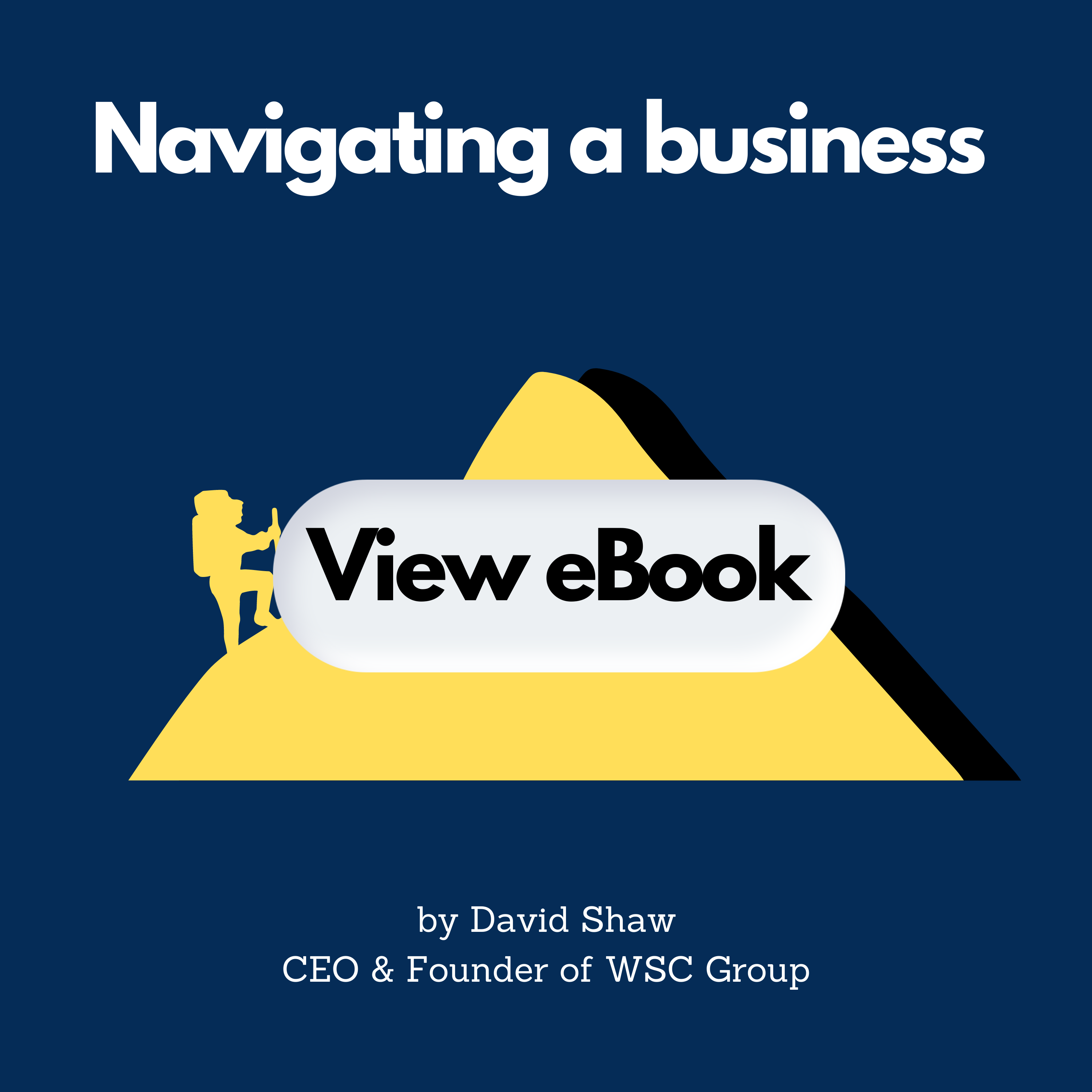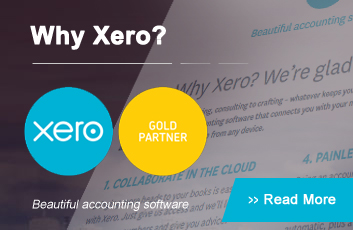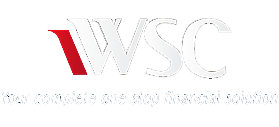No one wants to pay more tax than they need to or face unnecessary risks. We’ve compiled a list of our top tips for you.
BUSINESS OWNERS
Most of these benefits are for businesses under $2M turnover but there are a number of deductions which can be claimed for businesses of all turnovers. You should also note that many of the under $2M turnover benefits for small businesses will be extended from 1 July 2018 for businesses with a turnover of under $10M so it may be an idea to put off expenditure until after 30 June if your business turns over between $2M and $10M.
$20,000 Write-off on Asset Purchases This amount is exclusive of GST, if you are GST registered. That is, you can buy assets up to $20K + GST if you are purchasing of a GST registered entity. Make sure, however, the asset is ready for use, installed or received by 30 June if you are looking at claiming the write-off in the current financial year. Also, although there are some restrictions on asset improvements (you can only claim if the asset was purchased in the previous year and the under $20K was utilised) you will only be able to claim the improvement in the year following the initial purchase so make sure you timing of the improvement allows for this.
Total Asset Pool Balance is under $20K If the total of a pool asset base for a business is under $20K at the start of the year, it can be written off immediately for the current financial year. In this case, it may be better to delay any purchases until the next financial year if your pool is currently under $20K and still claim new purchase under $20K in the next financial year.
Small Business Pool - depreciation Don't forget, that a flat 15% deduction is available for any assets you purchase over $20K even if you haven’t held them for the full year. This might be useful for large purchases which need to be made by the end of June, even if they are only installed and ready for use by say 25th June. You would still claim the whole 15% on say a $100K purchase which would be equivalent to $15K in depreciation.
In addition to the depreciation write-offs, the following additional claims can be made for small-business taxpayers:
Other expenses prepaid These can be claimed 12 months in advance in many circumstances. Examples of these types of payments are as follows:
- Lease payments
- Car registration
- Rent
- Insurance
- Interest
- Business trips
- Seminar, conferences and training expenses
- Subscriptions
Consumables If usage is within 3 months then and immediate deduction may be claimed.
Repairs Generally business taxpayers are entitled to the cost of repairs to business assets and bringing forward repairs before the end of June will result in a deduction being able to be claimed.
Client gifts You may be able to offer gifts to clients, suppliers etc. such as a bottle of wine, for example, as long as the gift is not in respect to providing entertainment. Tickets to movies or sporting events are considered entertainment.
Trading stock If you have under $5,000 in trading stock then this can be immediately written off.
Salary sacrifice arrangements Employees can enter into salary sacrifice arrangements where they forgo future salary and wages for non cash benefits such as portable electronic devices.
Expenses which can be deducted before 30th of June – for ALL business turnovers
Salary and Wages Salary and wages not paid until July which relate to June can be accrued and claimed i.e. if the pay cycle for your employees finishes on the 24th of June then you will be able to accrue for wages on the 27th , 28th , 29th and 30th of June. Please note that annual leave and long service eave cannot be claimed until they are actually paid.
Staff bonuses If there is a definite commitment then these can be claimed as a deduction in the current financial year.
Commissions Any commissions owed at the end of the year can be claimed as a deduction.
Directors’ fees Any committed Directors’ fees can be claimed as a deduction subject to tax alert TA 2011/4 (best to pay this out within 3 months after the end of the financial year).
Rent in arrears If rent is paid in arrears then this can be accrued and a deduction claimed.
Superannuation contributions All employee superannuation contributions should be paid by the June quarter for the June quarter to ensure that a tax deduction is received in the current financial year. Also, any top contributions must be paid by the end of June to get a tax deduction in the current year. You can put in up to $25k per annum including your mandatory contribution.
PROPERTY INVESTORS
There may still be an opportunity to bring forward the following expenses into the current financial year in the following areas;
Prepay Interest This can be prepaid 12 months in advance but you need to have this organised with your bank quickly to have this completed by the 30 June.
Repairs Bring forward any repairs as these will be deductible providing they are completed by the end of June.
Break Interest Costs On investments properties subject to the property being available for rent these costs are generally deductible so breaking a fixed loan in order to tidy up your finances may result in a tax deduction by the end of June.
Council, water rates and insurances These can be prepaid up to 12 months in advance so you may want to consider paying these costs for next year before June to get a deduction in the current financial year.
INDIVIDUAL TAX PAYERS Donate If you are going to donate to charity, now is the time. Any donations you make to deductible gift recipients can be deducted this year. Remember, if you received something in return for the money, like goods purchased at a charity auction, you may not be able to claim a deduction for the full payment. There are special rules dealing with this situation that need to be taken into account.
Work related deductions You can claim a deduction for business expenses you have incurred that have not been paid by your employer. But be careful, you need to be certain that what you are claiming is a legitimate business expense and able to be claimed. For example, you cannot claim the cost of dry cleaning the clothes you wear to work unless it is protective clothing, a uniform required by the business, or occupation specific clothing (like the checked pants some chefs wear). To be legitimate, the expense must be for something you need to do your job. Items like laptop bags have been in the news lately because some handbags can be used to carry laptops. This does not mean that your Gucci bag is suddenly deductible. It is really up to you to justify the deduction that you are claiming, keeping records of the actual usage of the item can help with this.
Home office expenses If you work from home as part of your employment, you may be able to claim items such as phone expenses, running costs for your home, and equipment. Just bear in mind that expenses need to be in proportion to your use of the home for work purposes. If your home is a place of business and you are entitled to claim a deduction for interest expenses or rent, then this will generally impact on your ability to claim the full main residence exemption from CGT when you sell the home.
Earning extra cash from AirBNB style services The tax treatment of what you earn by renting all or part of your house through AirBNB and similar services is the same as any other residential rental property arrangement. You must include the rental income in your income tax return, but you can also claim tax deductions for expenses associated to the rental, such as the interest on your home loan, professional cleaning, fees charged by the facilitator, council rates, and insurance. Expense claims need to be in proportion to the rental, that is, how much of the house is used and for how long. Also beware that this type of activity can restrict your ability to claim the CGT main residence exemption when you sell the property if it is or has been your home.
Uber If you drive for Uber or a similar service, the income you earn needs to be declared on your income tax return. Plus, you need to be registered for GST. You can claim expenses for your car that relate to transporting passengers (relative to the kilometres travelled with passengers).
Danger areas Expense claims that are high on the Australian Taxation Office (ATO) hit list include:
- Travel expenses – Problems arise when people make claims for expenses that they did not actually incur. Typically, this happens when someone receives an allowance for travel but does not spend it (they might stay with family or friends instead). While the ATO publishes some reasonable rates each year for food and accommodation expenses, these only provide limited relief from the full record keeping rules. You cannot claim a deduction for the ATO reasonable rate amount if you spent less than this on food and accommodation.
- Self-education expenses. Any study you claim as self-education must be connected to the income you are currently earning (either to maintain or improve your specific skills or knowledge) or is likely to result in increased income from existing income earning activities. Merely doing a course while working full time does not make the course deductible. Be careful of excessive claims for travel overseas and luxury courses. You need to prove that these expenses are essential to your current work.













